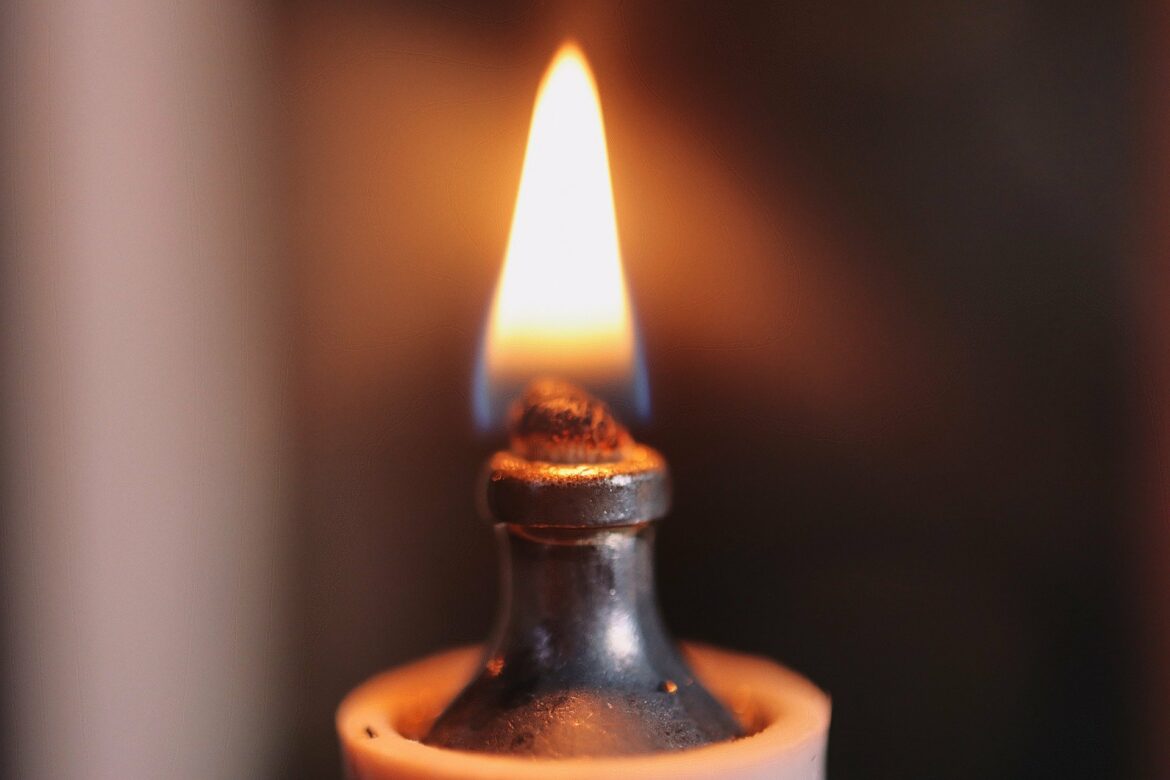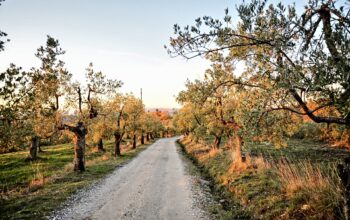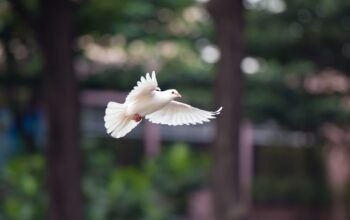Many differences can be drawn between the two states of Iceland and Afghanistan. Iceland, a largely Christian island has a population of 366 Thousand. It’s known for its northern lights, volcanos and hot springs. Afghanistan on the other hand, is landlocked, with a population of 38.93 Million and famous for its beautiful mountains, pomegranates and regrettably, war. According to the Institute for Economics & Peace’s Global Peace Index, Iceland ranks as the most peaceful country in the world, and Afghanistan the least.
The Global Peace Index (GPI) is a report produced by the Institute which measures the relative position of nations’ and regions’ peacefulness. The Institute for Economics and Peace, chaired by technology entrepreneur Steve Killelea founder of IR, is a global think tank headquartered in Sydney, Australia, New York City, Mexico City and Oxford.
The Institute for Economics and Peace is the world’s leading think tank dedicated to developing metrics to analyse peace and to quantify its economic value. It recently ranked in the top 15 most impactful think tanks in the world on the Global Go To Think Tank Index. It calculates peace by developing global and national indices, calculating the economic cost of violence, analysing country level risk and understanding positive peace. The research is used extensively by governments, academic institutions, think tanks, non-governmental organisations and by intergovernmental institutions such as the United Nations and World Bank.
It is the first analysis to methodically rank countries according to their levels of peacefulness and to identify potential determinants of peace. The GPI ranks 172 independent states and territories (collectively accounting for 99.7 per cent of the world’s population) according to their levels of peacefulness. In the past decade, the Global Peace Index has presented trends of increased global violence and less peacefulness.It is comprised of 23 qualitative and quantitative indicators from highly respected sources. These indicators are grouped into three key domains: ongoing conflict, safety and security, and militarization. Following Iceland, New Zealand, Denmark, Portugal and Slovenia, are marked as the most peaceful and the bottom five: Afghanistan. Yemen, Syria, South Sudan and Iraq.
Determinants of Peace
The Global Peace Index has developed a way to measure peace using a broad range of indicators. The Global Peace Index comprises 23 indicators of the absence of violence or fear of violence. The indicators were originally selected with the assistance of the expert panel in 2007 and have been reviewed by the expert panel on an annual basis. All scores for each indicator are normalised on a scale of 1-5, whereby qualitative indicators are banded into five groupings and quantitative ones are scored from 1 to 5, to the third decimal point.
These are the 23 Indicators, separated into topics by the Vision of Humanity:
Ongoing Domestic & International Conflict
- Number and duration of internal conflicts Uppsala Conflict Data Program (UCDP) Battle-Related Deaths Dataset, Non-State Conflict Dataset and One-sided Violence Dataset; Institute for Economics & Peace (IEP)
- Number of deaths from external organised conflict UCDP Battle-related Deaths Dataset
- Number of deaths from internal organised conflict UCDP Battle-related Deaths Dataset
- Number, duration and role in external conflicts UCDP Battle-Related Deaths Dataset; IEP
- Intensity of organised internal conflict Qualitative assessment by EIU analysts g Relations with neighbouring countries Qualitative assessment by EIU analysts
Societal Safety & Security
- Level of perceived criminality in society Qualitative assessment by EIU analysts
- Number of refugees and internally displaced people as a percentage of the population Office of the High Commissioner for Refugees (UNHCR) Mid-Year Trends; Internal Displacement Monitoring Centre (IDMC)
- Political instability Qualitative assessment by EIU analysts
- Political Terror Scale Gibney, Mark, Linda Cornett, Reed Wood, Peter Haschke, Daniel Arnon, and Attilio Pisanò. 2019. The Political Terror Scale 1976-2018. Date Retrieved, from the Political Terror Scale website: http://www.politicalterrorscale.org.
- Impact of terrorism IEP Global Terrorism Index (GTI)
- Number of homicides per 100,000 people United Nations Office on Drugs and Crime (UNODC) Surveys on Crime Trends and the Operations of Criminal Justice Systems (CTS); EIU estimates
- Level of violent crime Qualitative assessment by EIU analysts
- Likelihood of violent demonstrations Qualitative assessment by EIU analysts
- Number of jailed population per 100,000 people World Prison Brief, Institute for Criminal Policy Research at Birkbeck, University of London
- Number of internal security officers and police per 100,000 people UNODC CTS; EIU estimates
Militarisation
- Military expenditure as a percentage of GDP The Military Balance, IISS, EIU Estimates
- Number of armed services personnel per 100,000 people The Military Balance, IISS
- Volume of transfers of major conventional weapons as recipient (imports) per 100,000 people Stockholm International Peace Research Institute (SIPRI) Arms Transfers Database
- Volume of transfers of major conventional weapons as supplier (exports) per 100,000 people SIPRI Arms Transfers Database
- Financial contribution to UN peacekeeping missions United Nations Committee on Contributions; IEP
- Nuclear and heavy weapons capabilities The Military Balance, IISS; SIPRI; UN Register of Conventional Arms; IEP
- Ease of access to small arms and light weapons Qualitative assessment by EIU analysts
These are the determinants used to calculate the Global Peace Index. Though, because of recent events, the invasion of Russia into Ukraine, the Global Peace Index 2021 is already outdated, and may change drastically depending on how the situation develops in the following years. The United Nations chief says the world is facing the biggest global peace and security crisis in recent years and is calling Russia’s declaration of the so-called `independence’ of separatist areas in eastern Ukraine a violation of its territorial integrity and accusing Moscow of the perversion of the concept of peacekeeping.
Whilst Iceland and Afghanistan differ greatly, we should all be aiming to live in a more peaceful world, where people can live without the threat, fear or actuality of violence.
Meriam



